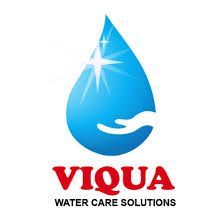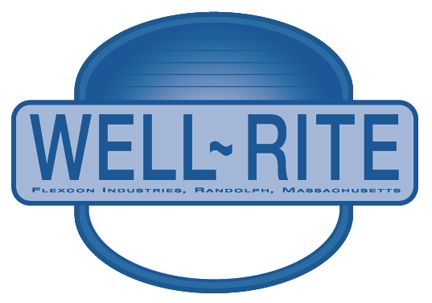FAQs
Water Systems Specialties, an RWA Well Services Company
Have a water treatment-related question? We have the answer. Check out these FAQs and contact us today for more information!
How do I know if I need a new well pump?
You may need a new pump if you're experiencing:
- No water or low water pressure
- Air sputtering from faucets
- Pump running constantly
- High electric bills
- Dirty or discolored water
A professional inspection by well pump companies can confirm whether a replacement is necessary. Contact Water Systems Specialties, A Regional Water Authority Company today to have your well pump inspected!
What types of well pumps are available?
There are several types available from well pump companies, including:
- Submersible Pumps: Installed deep inside the well and ideal for deeper wells.
- Jet Pumps: Mounted above ground and used for shallow or moderately deep wells.
- Constant Pressure Systems: Provide steady water pressure similar to city water.
Water Systems Specialties, A Regional Water Authority Company will help you choose the best option based on your well depth and water needs.
How long does a well pump installation take?
From our experience, most well pump installations can be completed in just one day, depending on the system’s complexity and site conditions. According to Forbes, the drinking water well they serve should typically be at least 100 feet deep.
Contact us today to work with one of the top well pump companies near you!
How much does a well pump installation cost?
Well pump companies' installations costs vary based on:
- Type and size of the pump
- Depth of the well
- Labor and materials
Water Systems Specialties, A Regional Water Authority Company provides free estimates and transparent pricing before any work begins. Contact us today!
Do you offer emergency well pump installation services?
Yes! We offer 24/7 emergency service for well pump failures to restore your water supply as quickly as possible.
Contact us to work with one of the top well pump companies near you!
Why do I need well water treatment?
Well water often contains minerals, bacteria, or contaminants that can affect taste, odor, and safety. Treatment systems improve water quality by removing:
- Hardness (calcium and magnesium)
- Iron and manganese
- Sulfur (rotten egg smell)
- Sediment and dirt
- Bacteria and other microorganisms
Work with water treatment companies such as Water Systems Specialties, A Regional Water Authority Company to get the cleanest water for your home.
What types of water treatment systems do you install?
We install a variety of systems, including:
- Water Softeners
- Iron and Sulfur Filters
- UV Disinfection Systems
- Reverse Osmosis (RO) Units
- Whole-House Filtration Systems
Each system from water treatment companies is tailored to your water quality and household size. Contact us to find yours!
Do water treatment systems require maintenance?
Yes. Regular maintenance by water treatment companies ensures your system runs efficiently.
Make an appointment with Water Systems Specialties, A Regional Water Authority Company to schedule your water treatment!
Can you treat water for the whole house?
Yes! As one of the top water treatment companies, we specialize in whole-house water treatment systems that ensure clean, safe water at every tap for drinking, bathing, laundry, and more.
What is radon, and why is it dangerous?
Radon is a colorless, odorless, radioactive gas that forms naturally in the ground. It can enter homes through cracks in the foundation and build up to dangerous levels. Long-term exposure to high radon levels is the second leading cause of lung cancer in the United States.
Contact Water Systems Specialties, A Regional Water Authority Company, one of the top radon solution and water treatment companies, to schedule your appointment today!






